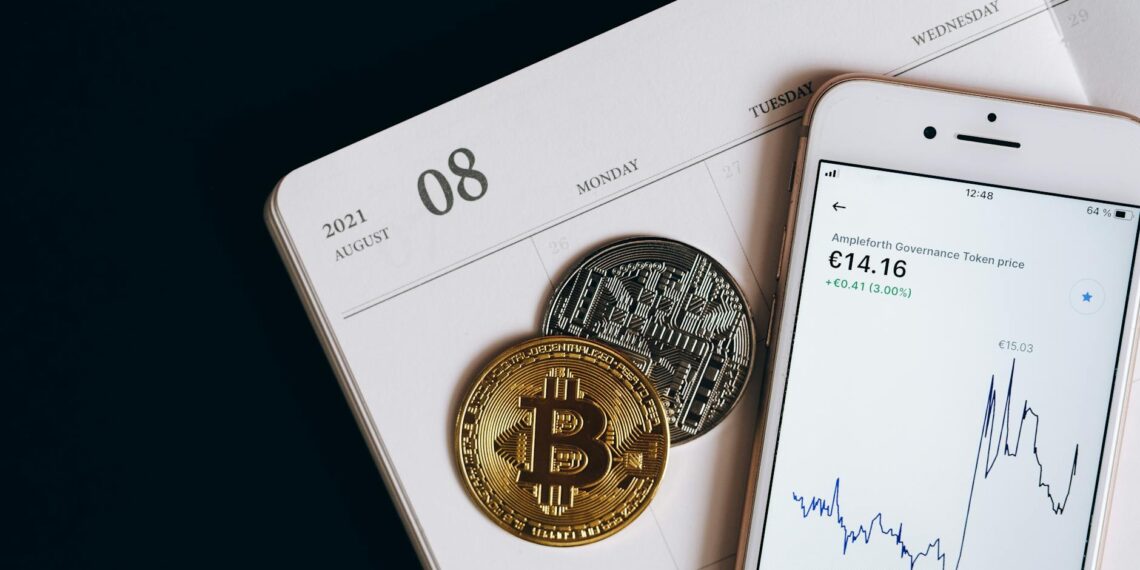In the world of cryptocurrency, a token becomes a coin primarily when it transitions from being built on an existing blockchain to having its own independent blockchain.
For example, a project might initially launch a token on the Ethereum blockchain, using the ERC-20 standard. These tokens leverage Ethereum’s existing infrastructure, benefiting from its security and widespread adoption.
However, if the project later decides to develop its own dedicated blockchain, the tokens would then migrate to this new chain and become considered “coins”. This signifies a greater level of autonomy and independence for the project and its digital asset.
Several well-known cryptocurrencies, like Binance Coin (BNB) and Tron (TRX), originally started as tokens on the Ethereum blockchain before developing their own blockchains and becoming coins . This process is known as token migration.









Can a token turn into a coin?
If a token starts being widely accepted as a means of exchange, and fulfills roles as a medium of exchange, store of value, and unit of account, it can transition into being regarded as a coin.
Does token mean coin?
From my experience, Technically, “token” is just another word for “cryptocurrency” or “cryptoasset.” But increasingly it has taken on a couple of more specific meanings depending on context. The first is to describe all cryptocurrencies besides Bitcoin and Ethereum (even though they are technically also tokens).